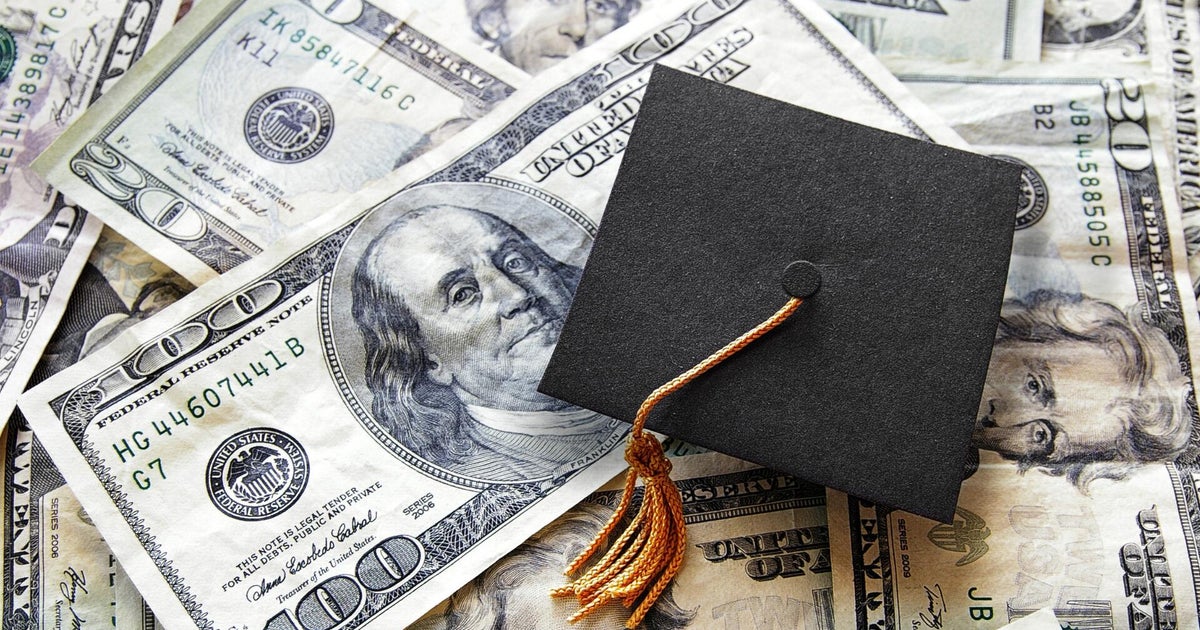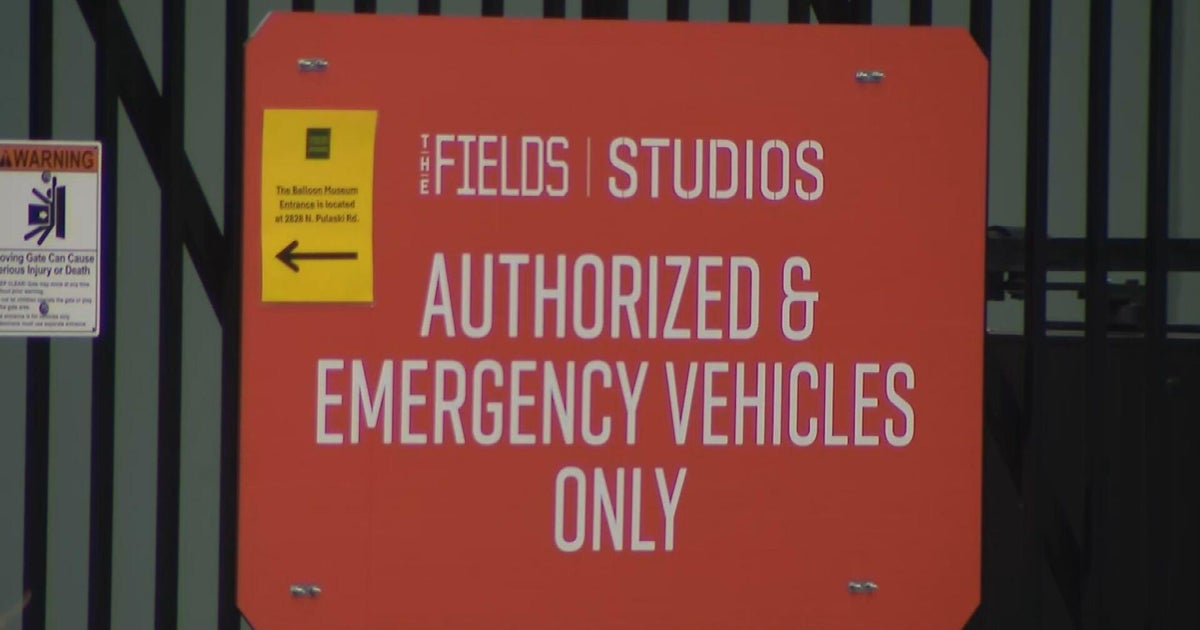On Your Side: Credit card debt and high interest rates
With credit card interest rates at an all-time high, more and more Americans are in debt. And young adults are the most likely to have added to their credit card debt over the last year, according to Bankrate. On Your Side's Kristine Lazar reports on what consumers can do about it.
A recently released Bankrate survey found that of those with credit card debt, 82 percent of Gen Z and Millennials have added to their credit card debt over the last year.
That's compounded by the fact that credit card interest rates are now at a record average of more than 20 percent.
"We found that about three-quarters of people in credit card debt have added to it over the past year, and that's primarily because of inflation and higher interest rates," said Bankrate Credit Card Senior Industry Analyst Ted Rossman.
Of those who are carrying a credit card balance, Bankrate found that those balances are going up by about 15 percent year over year, which is also a record.
Six in 10 of those with credit card debt report they've had it for at least a year. And 75 percent of those with credit card debt in the U.S. make less them $50,000 a year.
So what can be done about this?
- If you have decent credit, you can apply for a zero-interest credit card and roll over your balances, which can help you pause your interest for up to 21 months.
- You can also secure a personal loan with an interest rate around 7 percent, which is about a third less than the average credit card interest rate.
- If you can't get either of those, you may qualify for nonprofit credit counseling. They can walk you through the process of paying down your debt and they can negotiate terms with creditors.
About three-quarters of the time you can also negotiate down your interest rate on your own.
By the way, the average credit card balance in America is $5,500.
If you only make minimum payments, you'll be in debt about 17 years, and pay about $7,500 in interest.







